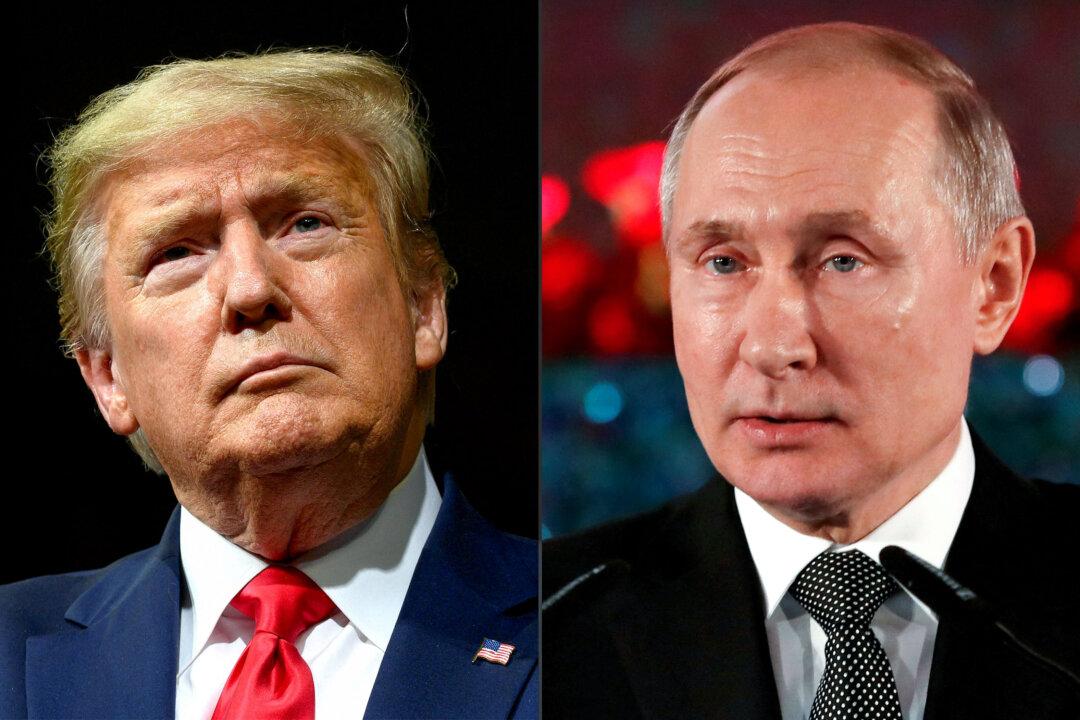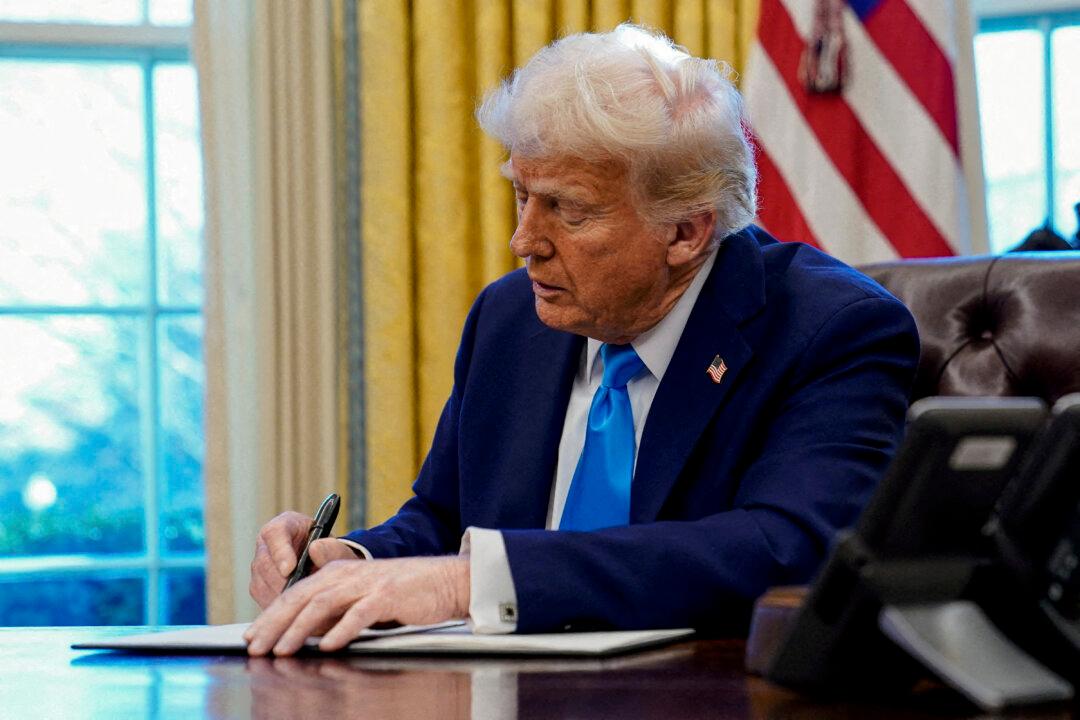A record low number of Americans view China favorably, according to a new
poll by Gallup.
The poll, conducted between Feb. 1 and 23, asked a random sample of 1,008 Americans over 18 about their views on China. The poll found that just 15 percent of respondents held a “very” or “mostly favorable” view of China, the lowest in Gallup’s polling history.
China’s 15 percent favorability rating marks a five-point drop from when the same question was asked in February last year.
On the flip side, the poll found more than 8 in 10 American respondents held a negative view of China, including 45 percent who view China “very unfavorably” and 39 percent who view it “mostly unfavorably.”
U.S. views on China have declined since 2018, and China’s approval has fallen 38 points over the past five years.
The poll found the negative U.S. views of China are shared across party lines. Only 6 percent of Republicans, 17 percent of Democrats, and 18 percent of independents polled viewed China favorably.
Gallup has been polling Americans on their views on China annually since 1979. Since 2001, Gallup has consistently conducted the annual poll in February. This year, the polling took place at the same time a Chinese high-altitude balloon flew across the United States and made headlines before it was shot down by U.S. fighter jets off the coast of South Carolina.
U.S. approval of China in the Gallup poll was at its height in February of 1989 when 72 percent of Americans had an overall favorable view of the country. That favorability dropped to 34 percent by August 1989 after Chinese troops and tanks violently cleared protesters in Tiananmen Square on June 4, 1989, killing hundreds if not thousands of civilians. The U.S. favorability toward China fluctuated between 34 percent and 53 percent between 1989 and 2018 before the steep decline over the past five years began.
China Seen as Military and Economic Threat
Likely contributing to the negative perception of China is the consensus among Americans that China poses the most significant military threat the United States faces.The recent Gallup poll asked respondents which country they perceive as the greatest enemy of the United States. In total, 50 percent of the respondents said China is the country’s greatest enemy, while 32 percent said Russia, seven percent said North Korea, and two percent said Iran.
In the past year, the U.S. military assessed China’s military to be on pace to more than
triple its arsenal of nuclear warheads by 2035. China has also continued to advance its
hypersonic missiles, which by definition can travel at more than five times the speed of sound and could potentially deliver nuclear strikes while evading missile defense systems. Additionally, a Chinese firm with ties to the ruling Chinese Communist Party (CCP) has tried to purchase land near
U.S. military bases, raising concerns about efforts to surveil U.S. military activities.
Seventy-six percent of Republicans polled viewed China as the top enemy of the United States, compared to 46 percent of independents and 30 percent of Democrats. A more significant percentage of Democrats—53 percent of those polled—said Russia is the greater enemy of the United States, compared to 32 percent of independents and 12 percent of Republicans.
China’s growing economic growth also had poll respondents concerned. Sixty-four percent of respondents considered China’s economic power a critical threat to the United States, up from 57 percent who held that view last year. Thirty percent thought China’s economic power to be an “important but not critical threat,” down from 34 percent who had that view last year.
In 2022, eight percent of respondents said China’s economic power is “not an important threat.” This year, six percent of respondents held that same view.
US Policy Toward China
Since taking office, President Joe Biden has said he hopes to find some areas where the United States and China can cooperate, such as addressing climate change. Near the start of his administration, Biden
said, “We cannot and must not return to the reflexive opposition and rigid blocs of the Cold War.”
The Biden administration has said the president confronted his Chinese counterpart Xi Jinping on several Chinese human rights concerns when they met in Indonesia in November. The administration has said Biden
will continue to raise these concerns in future meetings with his Chinese counterpart.
In February, U.S. Secretary of State Antony Blinken
condemned China for allowing its high-altitude balloon to cross over the United States.
U.S. officials have also recently warned China against sending
weapons to Russia to use in its ongoing war in Ukraine.
After Republicans gained control of the House of Representatives in January, they pushed for new efforts to investigate China, including the new Select Committee on the Strategic Competition Between the United States with the Chinese Communist Party (CCP). The House
formed the new committee with the support of all Republicans and 146 Democrats, while 65 Democrats opposed forming the new committee.
Rep. Jim McGovern (D-Mass.), who voted in favor of the new House committee last month,
told Politico he supported forming the panel but had some reservations.
“I have lots of concerns about how [Republicans] demagogue the issue and promote conspiracy theories and xenophobia,” McGovern said.
Rep. Ayanna Pressley (D-Mass.) was among the 65 Democrats who voted against forming the new committee. In January, she
told CNN she voted “no” because “It’s really clear that this is just a committee that would further embolden anti-Asian rhetoric and hate and put lives at risk.”
Republicans have been critical of Biden’s handling of various China-related issues, such as the Chinese high-altitude balloon that flew across the United States. Several Republicans
questioned Biden’s decision to wait until after the balloon had passed over the United States before shooting it down.





